Fuel, emissions and air quality
- Posted by Chadkirk
- On 4th September 2019
Did you know tens of thousands of deaths per year are attributed to long term exposure to air pollution?
Evidence from the Government’s Committee suggests that between 28,000 and 36,000 deaths per year (4,000 alone in London) are brought forward by exposure to man-made particulate air pollution at current levels, making it the biggest environmental threat to health in the UK.
To help reduce this number, the UK government set a goal in 1990 to reduce Green House Gas emission levels by 80% before 2050.
How the transport industry can help
According to Environmental Protection UK, transport is the biggest source of air and noise pollution in the UK, with HGVs accounting for around 20 percent of the overall transport sectors emissions.
With air quality affecting so many lives, it’s extremely important haulage companies do everything they can to minimise their fuels and emissions to improve air quality.
£700m worth of fuel is wasted every year on anti-idling, with only 2 minutes spent idling equalling to one mile of driving. If you’re a driver, stop and think about how many minutes a day you idle for. Could you reduce this?
From basic training on anti-idling and fuel efficient driving techniques to changing the vehicles used and operating best practices, there are a number of things drivers and managers can implement to become safer drivers and operate more efficiently and economically.
Why is it important drivers manage their fuel efficiency?
As a driver, you play an important role in reducing your Company’s overall fuel and emissions. As well as reducing the impacts your operations have on the environment, ultimately saving lives, it shows your employer you are acting as a professional driver.
For a Company, it will help reduce fuel spend, improve road safety and increase productivity and vehicle utilisation.
For a driver, it will reduce the likelihood of you receiving fines and penalty points and improve your job security.
How can drivers reduce their fuel and emissions?
- Plan your journey to help reduce fuel – and avoid routes where you will need to change gears, brake or accelerate more often (this uses more fuel)
- Record your mileage and fuel use for every journey you do
- Minimise engine idling – for more than two minutes stationary, turn it off
- Don’t drive aggressively
- Drive at a safe speed limit
- Use your high seating position to regulate your speed and avoid having to brake harshly
- Use your cruise control when it’s safe and appropriate to do so
- Use the exhaust brake instead of the footbrake as this contributes to smoother decreases in speed, increase the lifespan of brake linings and saves fuel
- Avoid over-revving the engine
- Know your average MPG for the vehicle you drive
- Take care when refuelling the vehicle – fuel spillages need to be minimised and managed
As a transport Company, we regularly assess our operations as a whole, per vehicle and per driver to spot trends and highlight any issues. We focus a lot of our time on driver training to ensure our employees know exactly what their responsibilities are.
Read more about the evidence the government has gathered on air pollution here:
www.gov.uk/government/news/public-health-england-publishes-air-pollution-evidence-review

0 comments on Fuel, emissions and air quality